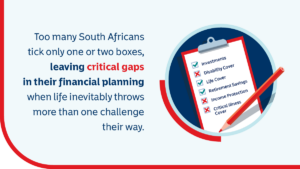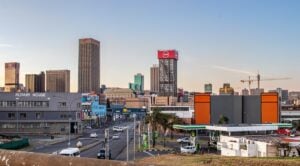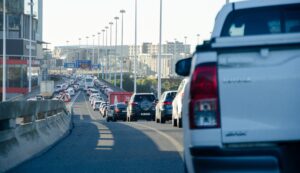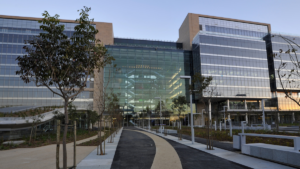Call to make Ramaphosa and ministers use public hospitals and facilities

Health Minister Dr Aaron Motsoaledi has expressed support for a call for public servants in South Africa to use public services, including public healthcare.
The minister expressed support in response to a proposal by Action SA member of parliament, Dr Kgosi Letlape, during the Health Department’s budget vote address.
Letlape said that public servants should use public services as vote of confidence in them and as a way to ensure that they are built up and maintained.
This would be particularly pertinent for the public healthcare sector, which often draws complaints of inefficiency, dilapidation and corruption.
“All of us should use public services, all the leaders from the president to MPs to members of the executive…all public servants, all of us must use public services. If we do this, we can fix the public healthcare system,” Letlape said.
According to the SABC, Motsoaledi supports this stance, saying that public servants using public health facilities would inject money back into the fiscus, giving the state more money to fix those facilities.
The minister reasoned that all public servants draw a salary from the fiscus and are entitled to subsidies for medical aid.
The subsidies amount to around R70 billion, he said, and if public servants then use private facilities, this money goes to the private sector and profits for businesses.
If there were a policy that public servants use public facilities, that money would go back to the state, allowing it to filter back for improvements.
“Starting with the president to the lowest public servant, they are all subsidised for R70 billion. If there’s a policy that they must all use public hospitals, that R70 billion will immediately accrue to the public hospitals and we’ll be able to improve them,” he said.
Public servants are typically subscribed to the Government Employees Medical Scheme (GEMS)—the second-largest scheme in the country after Discovery—with other services part of smaller closed schemes.
For example, police services are subscribed to Polmed, and parliamentarians have a compulsory membership in Parmed.
In the same proposal for public servants to use public services, Action SA’s Letlape argued that MPs should be allowed to opt out of Parmed and to choose their own healthcare coverage.
NHI would make the arguments moot
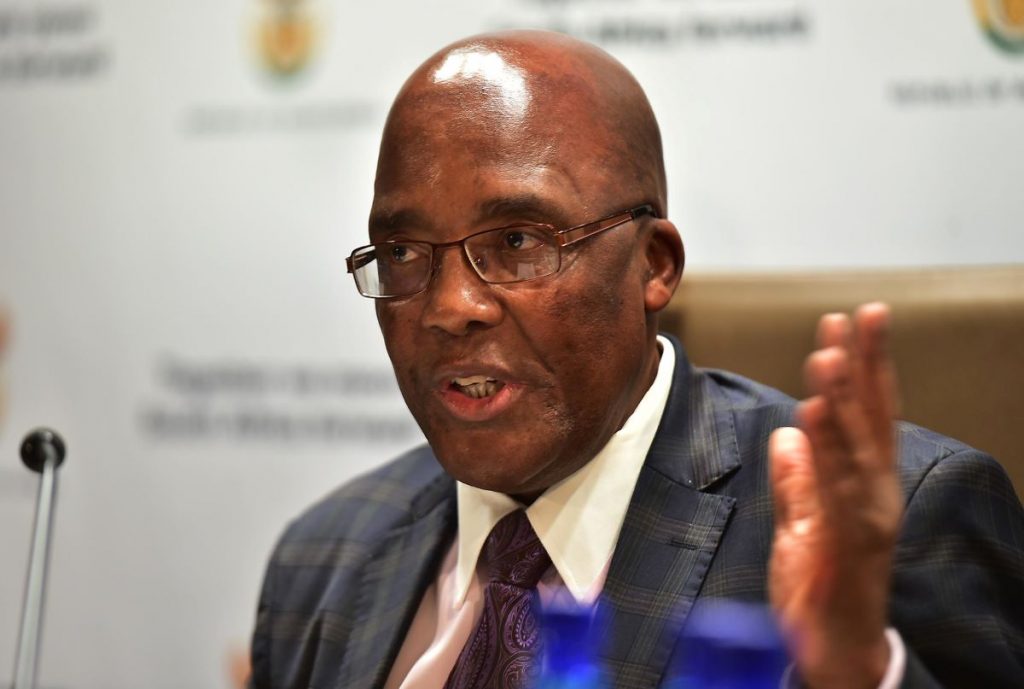
While Motsoaledi supports the idea of making public servants use public healthcare, his ultimate goal is to get rid of the split between public and private healthcare altogether.
Through the National Health Insurance (NHI) scheme, the state would become the sole purchaser of healthcare services for everyone in the country, and public and private healthcare facilities would be together in the (state-limited) sale of these services.
Arguments about medical aid would also be moot under the NHI, as the scheme’s other goal is to gradually eliminate the need for external funding.
Under the NHI Act, medical schemes will not be able to finance any services that the NHI will fund.
While the list of services offered under the NHI is yet to be determined, the long-term goal is to deliver comprehensive services through the scheme, making medical aid only useful for specialist coverage.
According to Motsoaledi, 86% of the population make use of public healthcare, which accounts for around half of the total spending on healthcare in the country.
The other half is used in the private sector to serve the remaining 14% of the population who can afford it.
In the Health Department’s idealised world, 100% of the funding and 100% of the healthcare facilities would be subject to the state’s centralised model, removing public and private barriers and delivering universal coverage.
The constitutionality of the NHI Act is currently being challenged legally.
Opponents argue that the entire scheme removes individual choice, including the right to choose healthcare coverage.
It is also being challenged on the grounds of rationality, funding challenges and implementation hurdles.
Meanwhile, the health department continues to implement what it can, with a long list of infrastructure builds and refurbishments in the pipeline.








